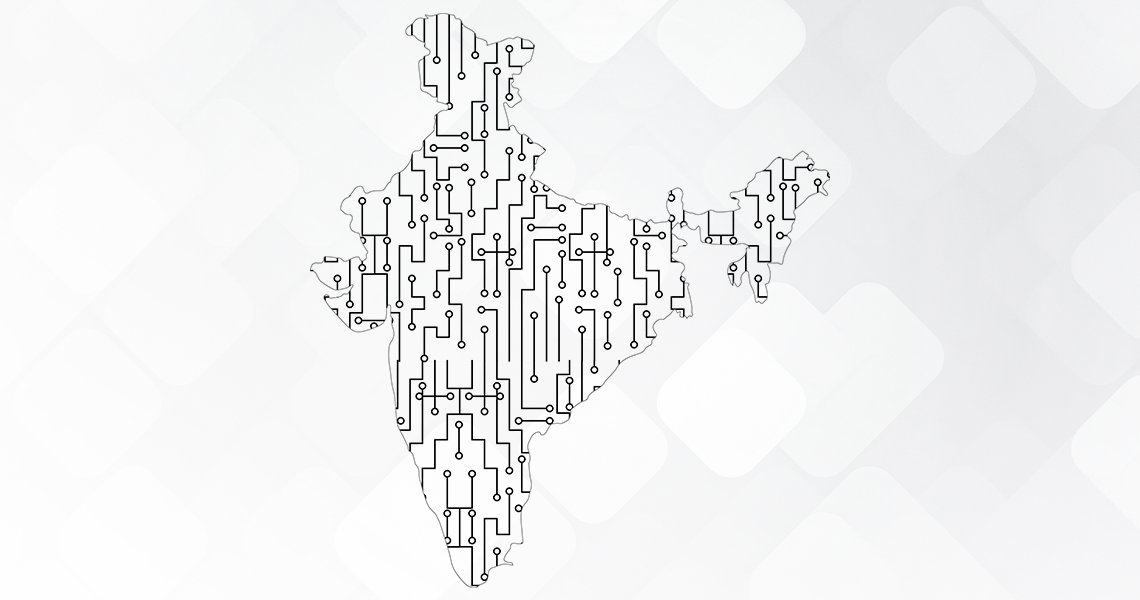By Abraham Thomas | 7 September 2023

Words have power.
Three years ago, in the depths of the first wave of COVID, internet pioneer and venture capitalist Marc Andreessen wrote "It's Time to Build". His essay started out as a critique of America’s slow, confused, unprepared response to the pandemic, but it quickly developed a broader, more fundamental theme: a pervasive inability to get stuff done.
Across healthcare, government, education, housing, manufacturing, energy and transportation, Andreessen diagnosed “a satisfaction with the status quo and an unwillingness to build”. As a result, Americans (his essay is largely about America) paid more money for worse outcomes. Infrastructure that used to be built in months now took decades, stymied by regulations, inertia, clientelism and ultimately, a lack of will.
In the darkness of the pandemic, Andreessen’s essay was a ray of light: a rallying call for US founders to embrace hard challenges and build, build, build.
And it worked!
In the last few years, a number of “frighteningly ambitious” startups have emerged into the limelight. They’re tackling hard physics problems, like designing factories in space, efficient supersonic aircraft, and miniature nuclear reactors. They’re building brand new cities from scratch, and rethinking water and energy use at macro scale. And they’ve created dazzling new technologies like mRNA and LLMs, whose implications we’re still just beginning to comprehend.
Many of the founders of these companies explicitly cite Andreessen’s essay as their inspiration. Words have power indeed. But that power has yet to reach Indian shores.
Where founders in the USA are pursuing ambitious and audacious goals, the vast majority of startups in India remain risk-averse. They stick to tried-and-tested business models: outsourcing, ed-tech, e-commerce, consumer fintech, copycat SaaS. It’s an indictment of the Indian tech ecosystem that India’s greatest technological accomplishment of the last few years, was not achieved by a well-funded startup or even by a mature tech company; Chandrayaan-3 was put on the moon by a government organization working on the slimmest of slim budgets. Meanwhile the tech industry is busy navigating downturns, layoffs and scandals.
We can do better.
Any cure has to start with a diagnosis. Why aren’t Indian startups ambitious? It’s easy to blame founders for a lack of vision, but the truth is that the entire ecosystem is set up to discourage true risk-taking. This manifests in three notable gaps.
First, a lack of funding. Banks don’t lend to truly ambitious startups; venture capitalists rarely invest in them; bigger companies won’t buy from them – because they’re perceived as too risky. This becomes a self-fulfilling (and self-defeating) prophecy.
Second, a lack of patience. Building anything worthwhile takes time, and this is doubly true for startups tackling hard, meaningful problems. But founders, investors, journalists and employees are all looking for quick wins.
Third, a lack of role models. Entrepreneurs in the US look to Elon Musk and Steve Jobs, and before that, to Edison and Tesla and Westinghouse – brilliant business leaders who were also technological visionaries. There’s plenty of business acumen in India, but technological heroes remain few and far between.
Merak is here to help.
We are one of the few, and possibly the first venture capital firm in India to invest in early-stage, B2B deep-tech and tech-enabled businesses. (And we have been doing this for about eight years now.) We commit early, taking a leap of faith when others won’t. We are patient and back our portfolio companies over the long run, often over multiple rounds of investment. And we encourage bold, ambitious bets: we don’t want you to play it safe, there are plenty of other investors who can fill that role.
Above all, we believe in India. We believe in India’s people, and we believe India’s problems are worth solving.
Talent abounds in India – technical, scientific, artistic, you name it. Explore any intellectual field and you will find Indians and persons of Indian origin near the top; all it takes is to identify and redirect some of that talent to solving the right problems.
We have genuine problems to solve here in India. No, not optimizing clickstreams or creating viral content or removing minor inconveniences for rich urban citizens; we are talking about the real problems associated with lifting a billion Indians to sustainable prosperity. India has more to gain from energy and climate tech than almost any country in the world. The same goes for agri-tech and health-tech, for infrastructure and mobility. And in an increasingly interlinked, interdependent world, India’s problems today are the global problems of tomorrow.
The Greek philosopher Anaximenes asked: “Why should I study the stars, when there is suffering and misery here on Earth?”. We have an answer. We believe that the best way to alleviate suffering and misery is through progress. Scientific progress, technological progress, societal progress. Over the short run, you can take the easy path, play zero-sum games, seek arbitrages, chase trends, capture rents, fight over a fixed pie. But over the long run, the only thing that matters for the economy is productivity growth through technology.
We believe that we can – and must – create this future through bold and ambitious action and we back our belief with money. We take real risk; and we seek founders who are willing to do the same, in service of goals worth achieving. If that’s you, please reach out – and let’s build together!